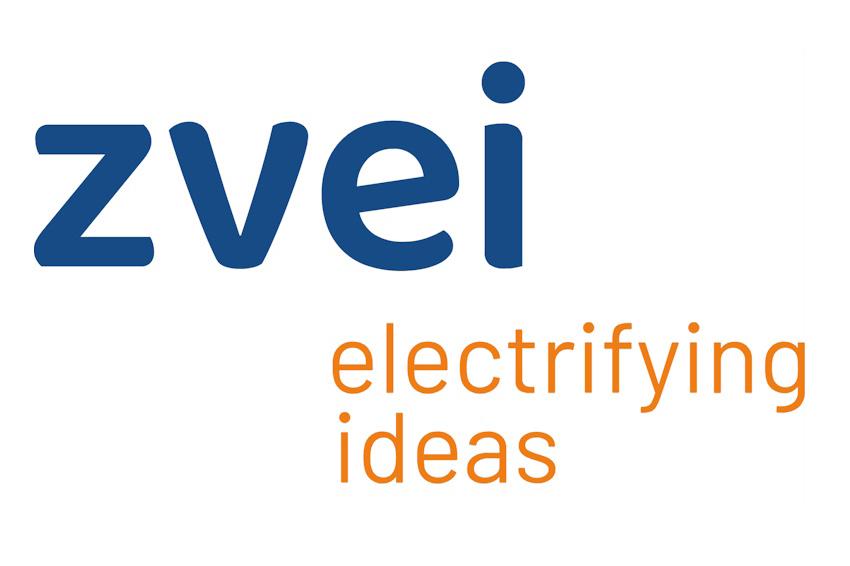ZVEI: The world market for microelectronics is growing despite the pandemic
China and Europe’s shares in the world microelectronics market are declining, America is increasing
But autonomous and electric driving, edge processing and the 5G communication infrastructure were also strong growth drivers in 2020. This development is expected to continue, because digital change and the green transformation also increased demand for semiconductors in the long term.
America's market share grew significantly from 19.1 percent to 21.7 percent last year, while China's share of the world market for microelectronics declined for the first time. However, with a share of 34.4 percent, China remains the largest market for microelectronics. Although the European microelectronics market fell by 1.2 percent last year (to 8.5%), it is still one of the four most important semiconductor markets in the world alongside America, the Asia-Pacific region and Japan. According to Baumann, the development of the world microelectronics market correlated with that of the world gross domestic product (GDP) until the beginning of the pandemic, but has since decoupled from world GDP. "The strong position of Asia, including China, as a consumption and production region will not change significantly," explained Baumann. "However, China's good position in particular is largely driven by companies from the USA and Europe who either manufacture there in their own fabs or have their own chips made there by contract manufacturers."
In order for Europe to remain an innovative and successful microelectronics location in the future, research, development and production in Germany and Europe must be maintained and expanded. When investing in Europe as a production location, it is important that they are made in both small and large structural sizes. "Large structure sizes, for example, are of great importance for power electronics and sensors, among other things, and represent a leading edge technology in their specific application," says Baumann. Funding programs in Europe such as the Important Projects of Common European Interest (IPCEI) and Horizon Europe are suitable for strengthening microelectronics in Europe in a sustainable and meaningful way. The ZVEI is committed to ensuring that the IPCEI microelectronics and communication technologies is implemented in a timely and ambitious manner.
According to Baumann, key technologies such as microelectronics are primarily about remaining competitive worldwide in Europe and thereby strengthening technological sovereignty. What is meant by this is to maintain global value-added networks and first to secure and expand competence in important semiconductor areas in Europe. At the same time, Europe must also take care of the development and expansion of competencies in areas in which it is currently not among the best in the world. “Only then will Europe be able to continue to meet the demand for semiconductors from its own as well as global production,” concluded Baumann.
Contact
ZVEI - Zentralverband Elektrotechnik- und Elektronikindustrie e.V.
Lyoner Str. 9
60528 Frankfurt
Germany
+49 69 6302 0
+49 69 6302 317







